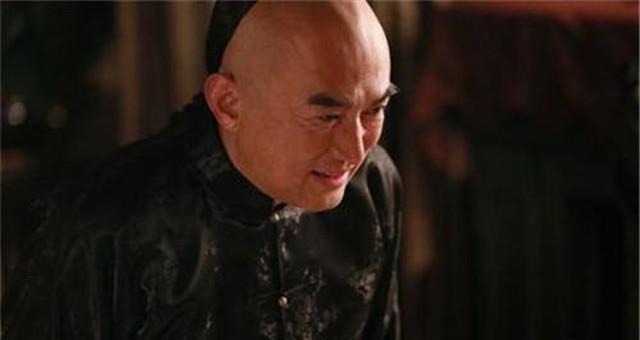With the strength of our country, more and more foreigners choose to study in our country. However, in the last years of the Qing Dynasty, it was precisely because of the strength of the West that the Qing government sent 30 children to study in the United States with the support of Zeng Guofan, Li Hongzhang, Rong Hong and others. Many people want to know, what is their final outcome?

Zeng and Li are more familiar to everyone, so why would Rong Hong be extremely enthusiastic about this matter? In fact, this is related to his previous experience of studying overseas. This can be said to be the first pioneer among the Chinese to receive Western higher education, and he wants to let more Chinese people receive a more advanced education like him. After returning to China, he successively inspected the Taiping Army and Zeng Guofan, and received the support of the latter.
Of course, Li Hongzhang's credit is also not small, and it is precisely because of his mediation that this matter can be completed. However, what makes people feel embarrassed is that Rong Hong was very prejudiced against Li Hongzhang at that time, and it can be said that he had a large number of special approvals in his memoirs. The earliest batch of schoolchildren was in 1872, and by 1875, a total of 4 batches had been sent, the number reached 120, and the Qing government paid 1.2 million taels of silver for this.
Although these children are all gifted and intelligent people of the same age, the regional distribution is still very uneven, basically awarded in Guangdong (84 people), Jiangsu and Zhejiang (29 people), and only Shandong (1 person) in the north remains. The reason for this situation is that in addition to some children who are indeed born poor, there are also many people like Zhan Tianyou who are born into enlightened gentry families.
Although many parents of school children do not understand what their children are going to do when they go out, the welcome they receive after arriving in the United States is still quite unexpected. In addition to the teachers, there are also guardians (due to their young age), giving them parental love and affection, which also makes their study abroad experience quite warm. The consequence of this is that many of these people have a strong sense of the United States, which is what we call the "leading party."
What was even more embarrassing to the Qing government was that although these people were considered official students, their speed of Westernization was quite amazing, and many of them not only wore Western costumes, but even cut off their braids. In fact, from the perspective of Li Hongzhang and others, they are under great pressure, because the domestic conservatives use this to attack the study abroad and regard these children studying abroad as "traitors".
In fact, this was the case from the standpoint of the Manchu Qing Dynasty, many of whom later became revolutionaries and participated in the anti-Qing cause. From the standpoint of the entire nation, many of these people later became the pillars of the country: such as Zhan Tianyou, whom we know, tang Shaoyi, who showed his skills in the diplomatic circles, and as many as 7 joined the army after returning to China, and sacrificed their lives for the country in the resistance to aggression.